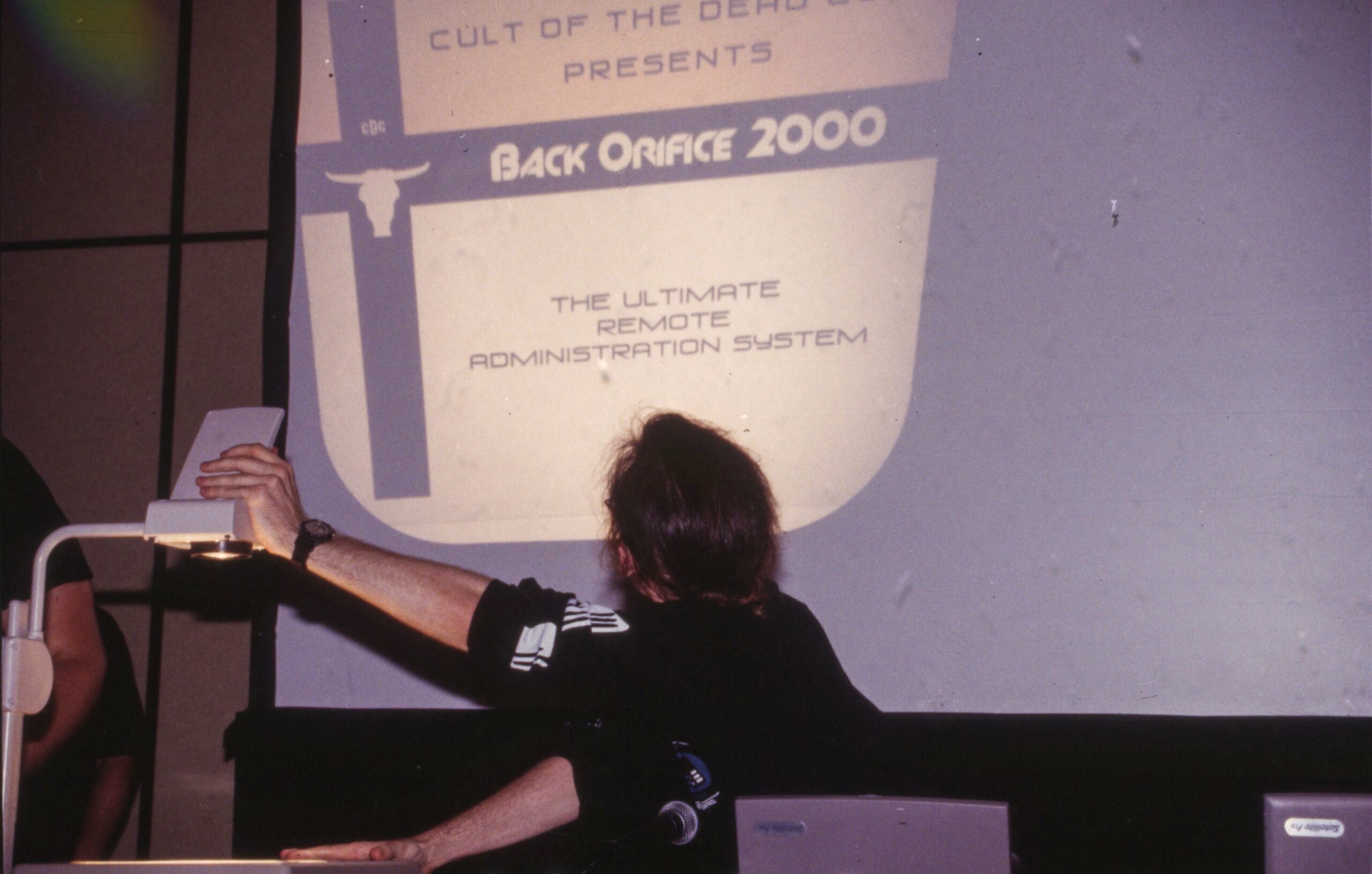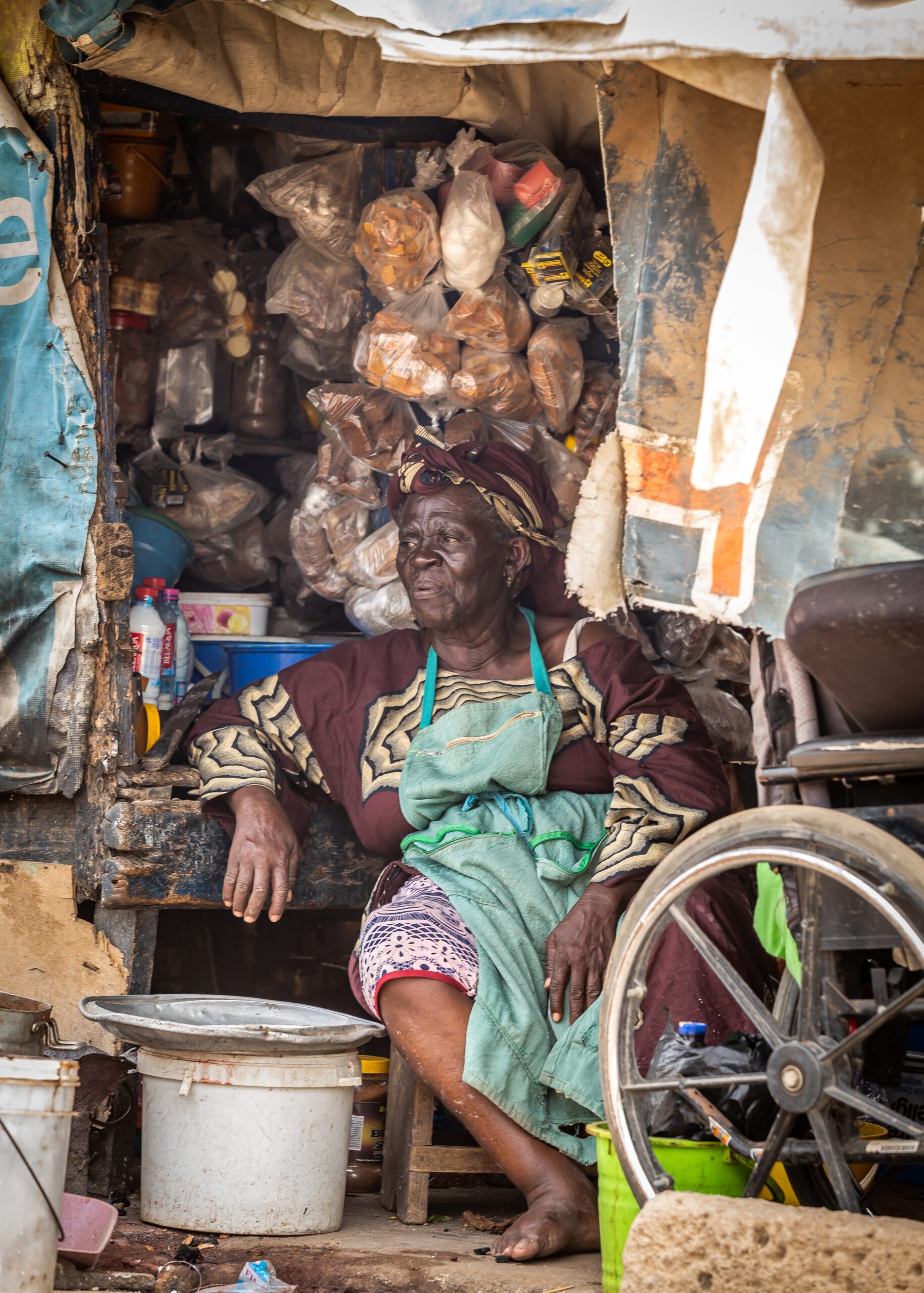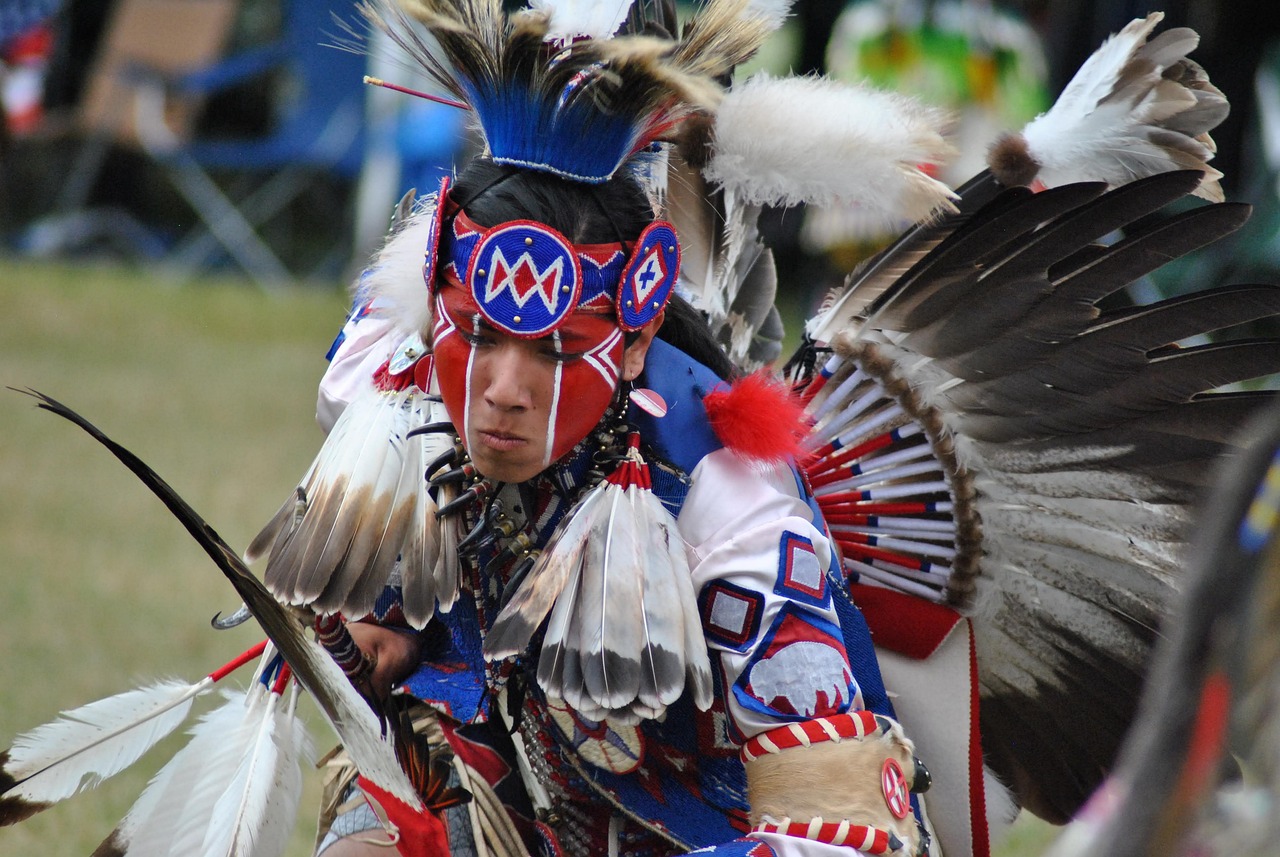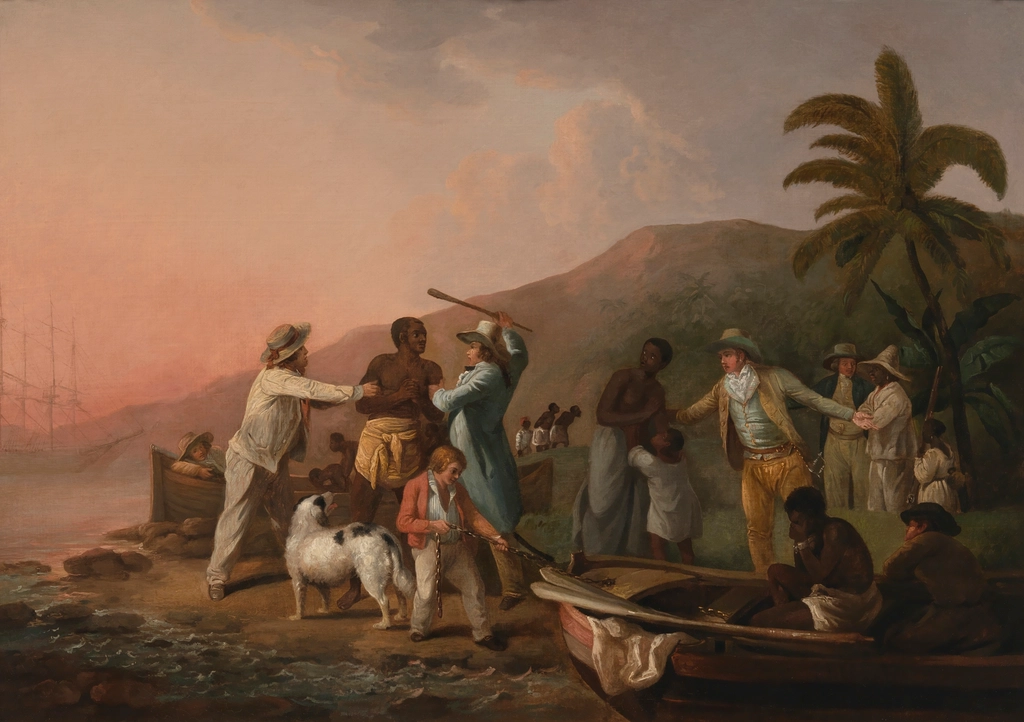- Most Infamous Terrorist Leaders in History - April 22, 2025
- From Bamboo to Billions: How Smugglers Exploit China’s Wildlife Trade - April 10, 2025
- Environmental Corruption in South America: Nature for Sale - April 10, 2025
The Cult of the Dead Cow: A Digital Crime

The Cult of the Dead Cow (cDc) isn’t your typical criminal group. Emerging from the shadows of the 1980s, this hacker collective combined digital crime with activism. Their notorious “Back Orifice” software was a tool that allowed unauthorized access to Windows computers. This wasn’t just about hacking; it was a statement against corporate control and societal norms. The cDc’s antics reveal how rebellion and counterculture can manifest in the digital world. By using humor and satire, they challenged societal expectations, showing how cultural contexts can breed unique criminal behaviors. Their actions highlight the intriguing intersection of technology and cultural identity.
The Black Market for Traditional Medicine

In the world of traditional medicine, cultural beliefs can sometimes lead to unexpected criminal activities. The illegal trade in rare herbs and animal parts is fueled by cultural values that place immense trust in traditional remedies. For instance, the demand for tiger bones in Traditional Chinese Medicine has resulted in rampant poaching. The World Wildlife Fund reports that only about 3,900 tigers remain in the wild, their numbers dwindling due to illegal trade. This black market not only threatens species but also underscores the deep-rooted cultural beliefs in the healing powers of traditional medicine. It’s a crime that reflects a clash between ancient practices and modern conservation efforts.
Witch Hunts in Modern Times
Despite the progress in human rights, witch hunts remain a grim reality in certain cultures. These modern-day witch hunts, often targeting women, are rooted in cultural fears and superstitions. In places like Papua New Guinea and parts of Africa, accusations of witchcraft can lead to violence, ostracism, and even death. Amnesty International reports that these crimes are fueled by societal fears and age-old beliefs. The consequences are devastating, tearing apart families and communities. These witch hunts highlight how cultural narratives can perpetuate violence and discrimination, even in today’s world.
Ritualistic Animal Sacrifice
In some cultures, animal sacrifice is a ritual meant to appease deities or spirits. While these practices are steeped in tradition, they often clash with modern legal and ethical standards. In India, the Gadhimai festival involves the mass sacrifice of animals, drawing both national and international condemnation. The Animal Welfare Board of India has raised concerns about the ethical implications of such rituals. This clash between cultural traditions and animal rights perspectives highlights the ongoing debate over cultural practices and modern values. It’s a complex issue that questions the balance between tradition and ethical progress.
The Mafia’s Cultural Influence
The Mafia is more than just an organized crime syndicate; it’s a cultural phenomenon. Particularly in Italy, the Mafia has deep roots in Sicilian culture, influencing everything from local economies to politics. The Sicilian Mafia, or Cosa Nostra, generates billions of euros annually through illegal activities, according to the Italian National Anti-Mafia Directorate. This crime syndicate’s cultural significance illustrates how organized crime can become intertwined with national identity and heritage. The Mafia’s influence is a testament to how crime can be both a cultural and economic force.
Honor Killings: A Cultural Dilemma
Honor killings are a tragic example of how cultural beliefs can lead to horrific crimes. These killings, often justified by the need to preserve family honor, are prevalent in various societies. The United Nations reports that thousands of women are killed each year in the name of honor, particularly in South Asia and the Middle East. These crimes underscore the extreme consequences of cultural norms that prioritize family reputation over individual rights. They raise critical questions about gender equality and human rights, challenging societies to reevaluate deeply ingrained cultural practices.
The Rise of Cyberbullying in Specific Cultures
Cyberbullying is a global issue, but its manifestation can be influenced by cultural factors. In Japan, for example, “ijime” or bullying has taken on a digital form, causing severe psychological harm to victims. A study published in the Journal of Adolescent Health found that nearly 30% of Japanese students reported being bullied online. This statistic highlights the need to address cultural attitudes towards bullying and promote healthier online interactions. It’s a crime that reflects the intersection of technology, culture, and mental health, urging societies to confront the digital challenges of modern life.
Cultural Appropriation and Theft

Cultural appropriation isn’t just a social issue; it can lead to criminal acts, especially in the art world. Art theft and forgery often involve the unauthorized use of cultural symbols. The theft of Indigenous artifacts, for instance, has sparked legal battles and calls for repatriation. The Native American Graves Protection and Repatriation Act (NAGPRA) emphasizes the importance of returning culturally significant items to their rightful owners. This intersection of culture and crime highlights the need for respect and understanding in a world where cultural symbols hold deep meaning.
The Impact of Drug Trafficking on Local Cultures

Drug trafficking is a crime with far-reaching effects, particularly on local cultures. In regions like Latin America, the rise of drug cartels has led to violence and corruption, disrupting traditional ways of life. The United Nations Office on Drugs and Crime reports that drug-related homicides have surged in countries like Mexico. This crime illustrates how the global drug trade can erode cultural values and community structures. It’s a stark reminder of the devastating impact that crime can have on societies, challenging them to find solutions to complex issues.
Cultural Festivals and Their Dark Side
Cultural festivals are celebrations of heritage, but they can also harbor criminal activities. Events like the Running of the Bulls in Spain have faced criticism for animal cruelty and public safety concerns. Animal rights organizations have highlighted the dangers posed to both animals and participants. This duality of celebration and crime underscores the complexities of cultural practices. It raises questions about the responsible engagement with tradition, challenging societies to find a balance between celebration and ethics.




